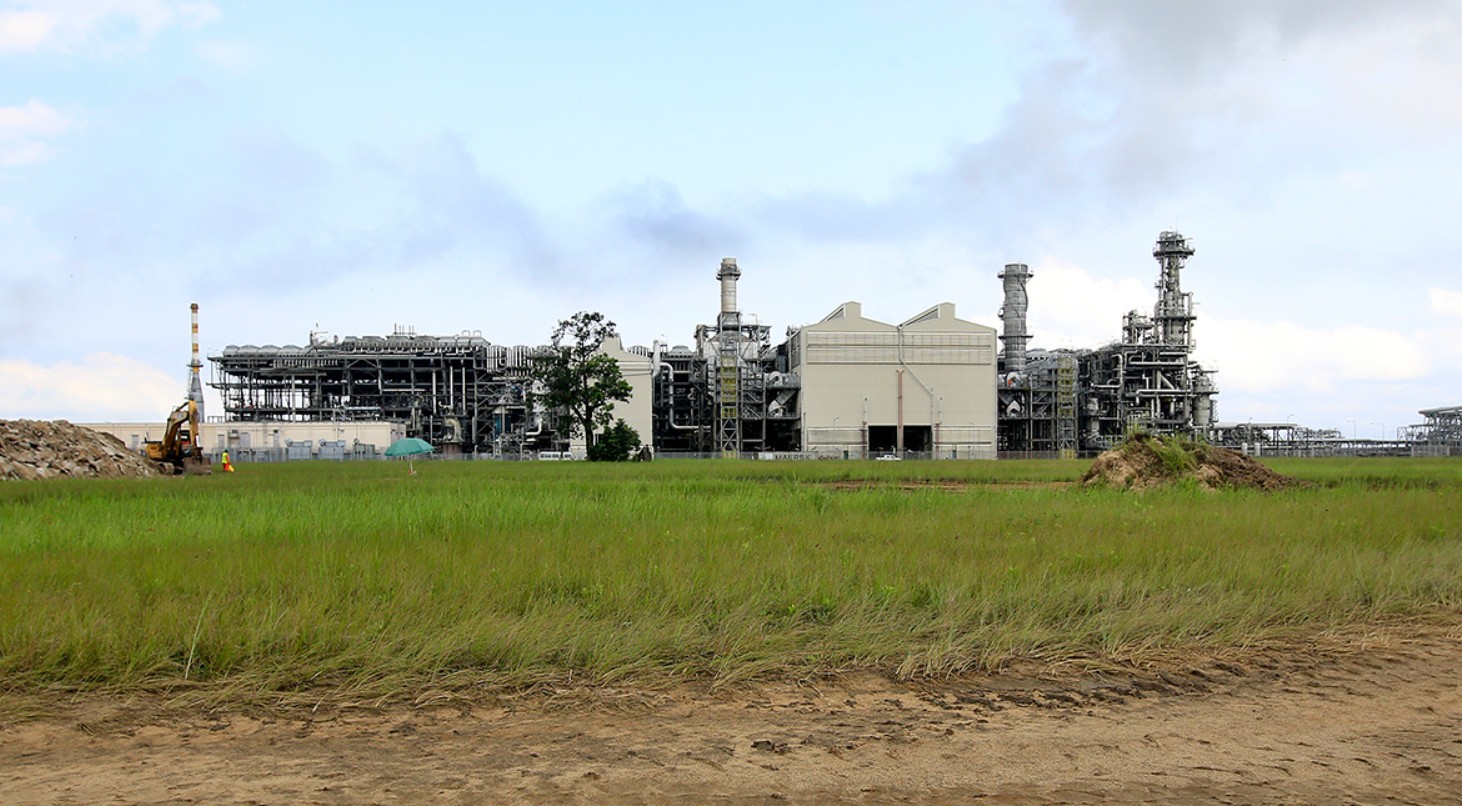This story requires a subscription
This includes a single user license.
Nigerian state-owned NNPC has a 49 percent stake in NLNG, UK-based Shell holds 25.6 percent, France’s TotalEnergies has 15 percent, and Italy’s Eni owns 10.4 percent.
The Bonny Island liquefaction plant currently has six trains and a capacity of 22 mtpa, but NLNG is also adding the seventh production unit.
The NLNG Train 7 project consists of the construction of one complete LNG train and one additional liquefaction unit.
Following completion, the project will add around 8 mtpa of capacity to the Bonny Island facility for a total of about 30 mtpa.
According to statements by NLNG and NNPC, the “landmark” 20-year gas supply agreements were signed on Friday with six third-party suppliers to deliver up to a total of 1,290 million standard cubic feet of gas per day (mmscf/d) or 13.3 bcm/yr to its Bonny plant.
NLNG said the volumes will be gradually scaled up over a period of time.
Moreover, the agreements also include extension options.
“Turning point”
NLNG signed the deals with Amni International Petroleum Development, Sunlink Energies and Resources, First Exploration & Petroleum Development, SNEPCo, NNPC Gas Marketing, NNPC E&P, Shell Nigeria Gas Solutions, Oando Group, and Aradel Holdings.
NNPC said the agreements, aimed at bridging the prolonged shortfall in upstream gas availability, mark a “major boost” for Nigeria’s energy transition agenda and the government’s gas reforms aimed at strengthening the nation’s economic prosperity and energy security.
NLNG managing director, Philip Mshelbila, said the GSAs will enhance local gas production capacity, improve supply reliability, and advance the nation’s energy security, industrialisation aspirations, and economic growth.
“We could not have achieved this sooner without the deliberate and concerted efforts of our shareholders and stakeholders in the energy industry in Nigeria. These agreements are a turning point in NLNG’s journey, restoring reliability of supply and ensuring we remain firmly on the path of growth and expansion,” Mshelbila noted.
According to Mshelbila, the new GSAs reinforce Nigeria’s role in the global energy market while strengthening feed gas supply to the Bonny Island plant and supporting the company’s expansion drive.

